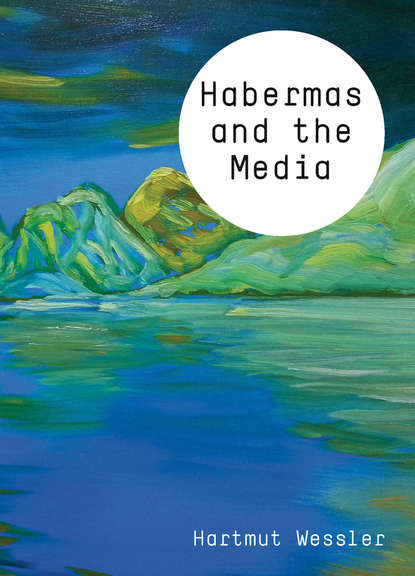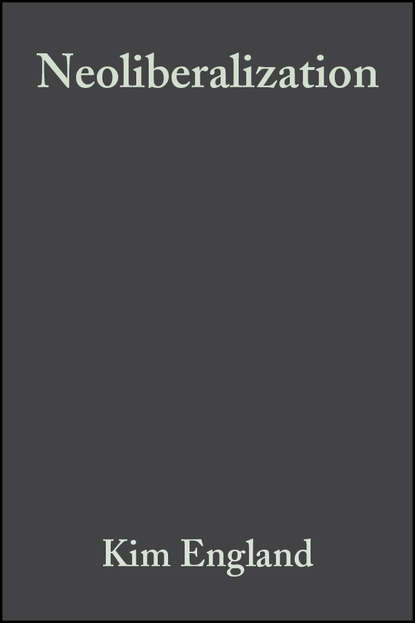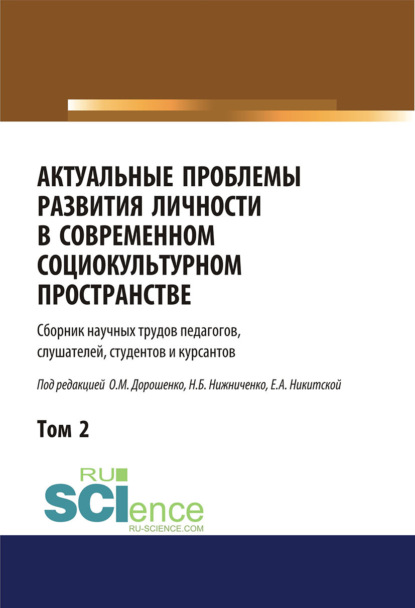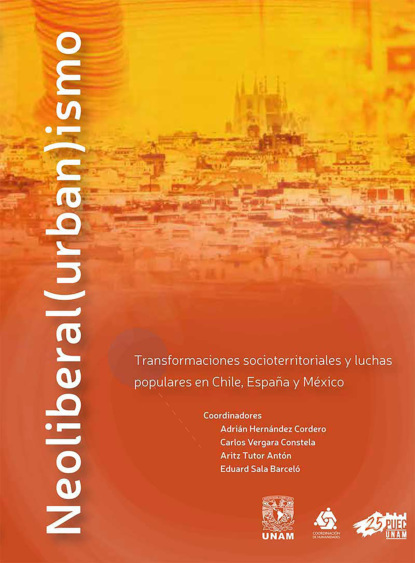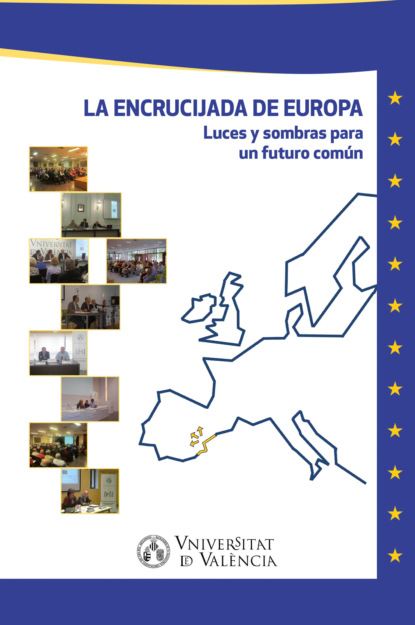Эта книга описывает важные аспекты жизни человечества, которых мы обязаны придерживаться, иначе мы рискуем самоуничтожиться. Все это находится в непрерывном развитии и взаимодействии друг с другом. Мы сталкиваемся со многими сложными проблемами. Например, рост неравенства приводит к социальной изоляции. Растущее недовольство правящими
Эта книга о будущем, о временах, которые еще не наступили, но могут наступить. Все страны мира испытывают серьезные проблемы: замедление экономического роста, рост неравенства и социальной изоляции, рост требований к политической элите, а также все более серьезную угрозу экологической катастрофы. Эта книга рассматривает множество вариантов развития событий в будущем и показывает, какой может быть наша жизнь, если мы преуспеем в переходе к новой парадигме – Информационно-коммуникационным технологиям. Автор предлагает комплексный подход к множеству заинтересованных сторон, который позволит достичь важных целей в области экономики, экологии и справедливости.
Электронная Книга «Sustainable Futures» написана автором Raphael Kaplinsky в году.
Минимальный возраст читателя: 0
Язык: Английский
ISBN: 9781509547845
Описание книги от Raphael Kaplinsky
Long before the pandemic, economies across the world were in trouble, with growth slowing across the board. This downturn coincided with growing inequality and social exclusion. Rising political dissatisfaction with ruling elites fuelled the rise of populism. Add to this the alarming environmental emergency and few can deny we live in a time of multiple sustainability crises. While this conclusion can lead to despair, in this broad-ranging book Raphael Kaplinsky, a leading development policy analyst, argues that the future is not necessarily bleak. Interrogating the causes and nature of the systemic crises we are living through, he shows how the challenges which we now face mirror previous historical epochs, in which dominant ‘techno-economic’ paradigms flourish, mature and run into crisis. In each case, decisive action is required to move to a more economically and socially sustainable world. In our time, we are witnessing the exhaustion of the Mass Production paradigm. How we herald and manage the transition to the next paradigm – that of Information and Communications Technologies – will determine our capacity to build a more prosperous, equitable and environmentally sustainable world. This book sets out an integrated agenda for action by multiple stakeholders to achieve this end.




